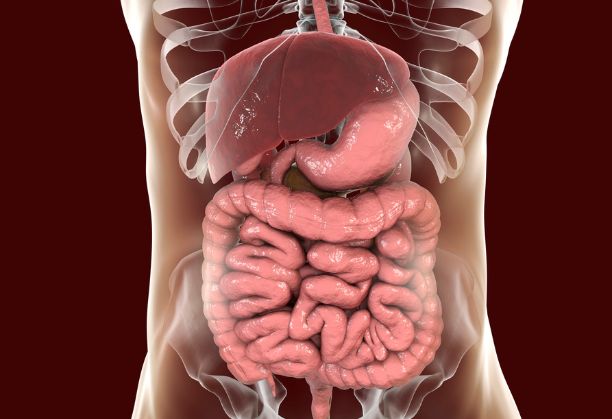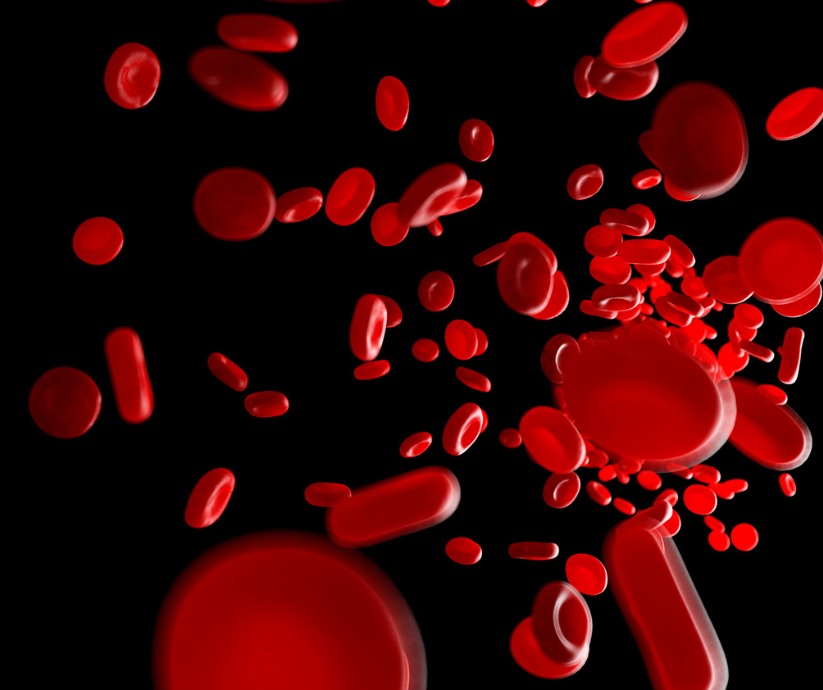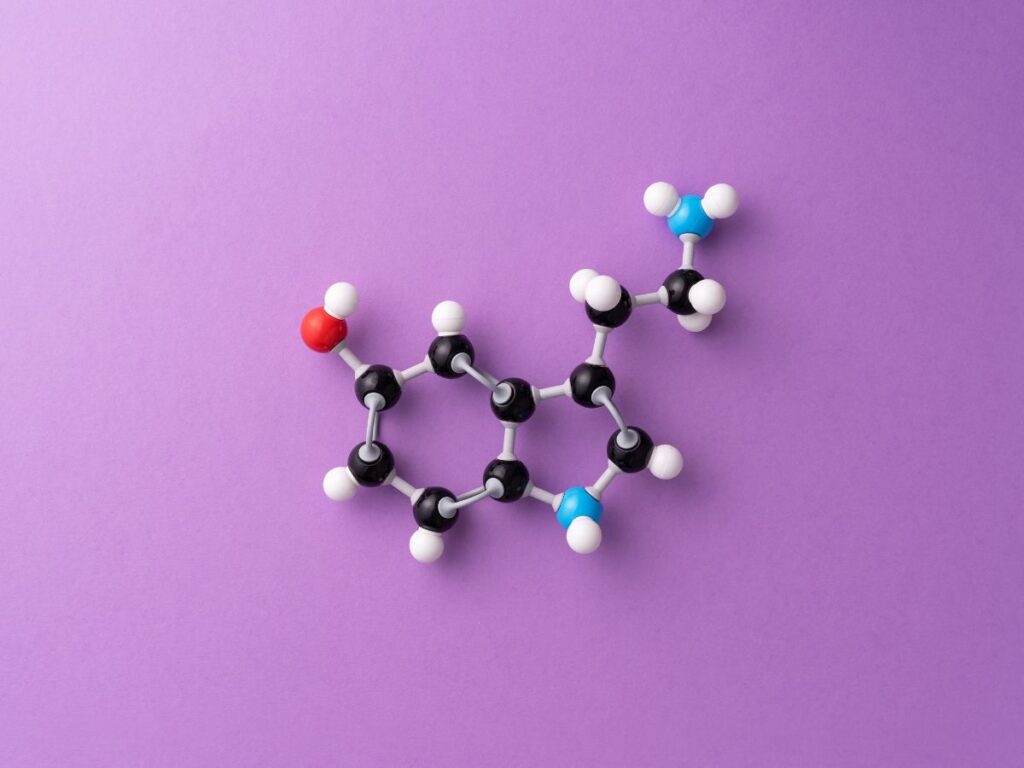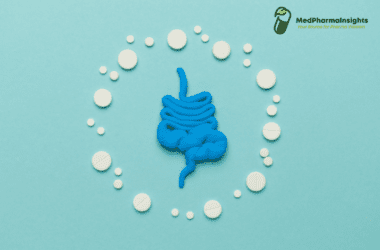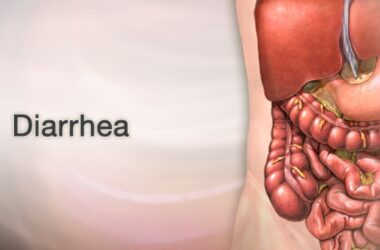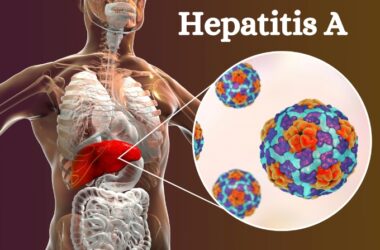Constipation is a common digestive condition characterized by infrequent bowel movements or difficulty in passing stools. It can result in the passage of dry, hard, and sometimes painful stools, and it may be accompanied by a sense of incomplete evacuation or a feeling of fullness in the abdomen. Constipation can vary in severity, ranging from occasional mild discomfort to chronic and persistent issues that impact a person’s quality of life. It can have various causes, including dietary factors, lifestyle choices, underlying medical conditions, and medications, and its treatment often involves dietary and lifestyle adjustments, as well as, in some cases, the use of laxatives or other medications.
Digestive system and its physiology
Two parts of the gastrointestinal tract comprise the digestive system: upper and lower. Food is ingested and digested by the upper gastrointestinal tract, which extends from the mouth and includes the oesophagus (food pipe) and stomach. The small intestine, large intestine (colon), rectum, and anus comprise the lower gastrointestinal tract, where nutrients are absorbed, body water and electrolytes are stored, the faeces are dried, and evacuation occurs.
The undigested food remains are swept along the gastrointestinal tract by muscular contractions called peristalsis. These peristaltic waves eventually move the faeces from the colon to the rectum and induce the urge to defecate. When the stool reaches the rectum, it generally has a solid consistency because most of the water has been absorbed.
Symptoms of constipation
Constipation is a common digestive issue characterized by infrequent or difficult bowel movements. Symptoms of constipation can vary from person to person, but common signs and symptoms include:
- Infrequent Bowel Movements: One of the primary indicators of constipation is having fewer bowel movements than usual. For some people, this might mean going three or fewer times per week.
- Difficulty Passing Stools: When you do have a bowel movement, you may find it challenging to pass stools. Stools may be hard, dry, or lumpy, making them difficult to expel.
- Straining: Constipated individuals often strain or push excessively during bowel movements in an effort to pass stools.
- Incomplete Evacuation: You may feel like you haven’t fully emptied your bowels after a bowel movement, leading to a persistent feeling of fullness or discomfort.
- Abdominal Discomfort: Constipation can cause abdominal pain or discomfort, often in the lower abdomen.
- Bloating: Many people with constipation experience bloating, which is the feeling of a swollen or distended abdomen.
- Rectal Discomfort: Some individuals may experience rectal pain or discomfort due to the prolonged retention of stool.
- Passing Small Amounts of Stool: When you do have a bowel movement, you may pass only small amounts of stool.
- Hard Stools: Stools that are hard and dry in consistency are a common symptom of constipation.
- Rectal Bleeding: Straining during bowel movements can sometimes lead to small amounts of rectal bleeding or the appearance of blood on the toilet paper.
- Loss of Appetite: Constipation can be associated with a reduced appetite or a feeling of fullness, even if you haven’t eaten much.
- General Discomfort: Overall discomfort and a sense of unease may accompany constipation, affecting your quality of life.
Cause of Constipation


- Poor diet : Diets high in animal fats, for example, meats, dairy products, eggs, and refined sugar, for example, sweets, but low in fibre predispose to constipation.
- Irritable bowel syndrome: The spasm of the colon delays the transit of intestinal contents. Patients have a history of alternating constipation and diarrhoea.
- Poor bowel habit: Ignoring and suppressing the urge to have a bowel movement will contribute to constipation.
- Laxative abuse: Habitual consumption of laxatives necessitates an increase in dose over time until the intestine becomes atonic and unable to function without laxative stimulation.
- Travel :Changes in lifestyle, daily routine, diet and drinking water may all contribute to constipation and hormone disturbances.
- Pregnancy: Mechanical pressure of the womb on the intestine and hormonal changes, for example, high levels of progesterone.
- Fissures and haemorrhoids: Painful disorders of the anus often lead patients to suppress defecation, leading to constipation.
- Diseases :Many disease states may have constipation as a symptom, for example, scleroderma, lupus, multiple sclerosis, depression, Parkinson’s disease, and stroke.
- Mechanical compression: Scarring inflammation around the diverticula and tumours can produce mechanical compression of the intestine.
- Nerve damage: Spinal cord injuries and tumours pressing on the spinal cord affect nerves that lead to the intestine.
- Colonic motility disorders: The peristaltic activity of the intestine may be ineffective, resulting in colonic inertia.
- Medication : Antacid, Anticholinergic, Antidepressant, Antiviral, Bisphosphonate
- Dehydration: Insufficient fluid intake or excessive fluid loss. Water and other fluids add bulk to stools, making bowel movements soft and easier to pass.
- Immobility: Prolonged bed rest after an accident, during an illness or general lack of exercise
- Electrolyte abnormalities: Hypercalcaemia, hypokalaemia.
Management
There are two types of treatments of constipation .
Non-pharmacological treatment
- Add more fibre to your diet :When you consume more fibre, your stool weighs more and passes through your intestines more quickly. Increase your daily intake of fresh fruits and vegetables gradually. One of the sources rich in fibres is husk. Take one or two tablespoons of husk in a glass of water and drink before dinner.
- Drink plenty of water. Drink at least 6-7 glasses of water daily.
- Physical activity Your intestines’ muscles become more active when you exercise.
- Don’t ignore the urge to have a bowel movement. Allow yourself enough time in the restroom to perform a bowel movement without interruptions or feeling rushed.
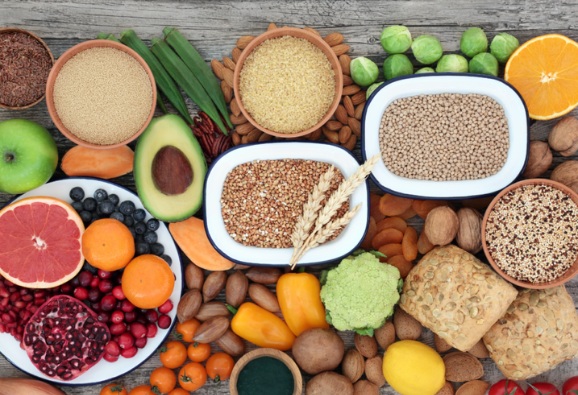

Pharmacological treatment
Lactulose :
- Dose 15ml OD
- MOA: Since lactulose is poorly absorbed from the GIT and no enzyme is present in human GI tissue that can hydrolyze the disaccharide, oral dosages reach the colon in its initial form. Colonic bacteria in the colon convert lactulose to lactic acid, raising the colon’s osmotic pressure and causing it to become more acidic. This causes the colon to absorb more water, softening the faeces.
- Brands : Enulose, Generlac , duphalac
Stimulant Laxatives:
- Dose 5mg to 10mg, taken once a day at bedtime.
- MOA By immediately boosting motility, speeding up transit time, and raising the water content of the stool, bisacodyl operates locally in the large bowel.
- Brands Correctol, Dulcolax
Lubricant Laxatives:
- Brand: Mineral Oil (common generic name)
- Strength: Typically used as an oral liquid, but the dose can vary based on individual needs.
Saline Laxatives:
- Brand: Milk of Magnesia (magnesium hydroxide)
- Strength: Available in liquid form with varying concentrations.
Suppositories and enemas.
Enemas with or without soap suds made from tap water can help produce a bowel movement and soften stool. By providing lubrication and stimulation, glycerin or bisacodyl suppositories also assist in pushing stool out of the body.
it’s important to note that the appropriate laxative and its strength depend on factors such as the cause and severity of constipation, individual health conditions, and any other medications you may be taking. Always consult with a healthcare provider or pharmacist before using a laxative, especially if you have any underlying medical conditions or are taking other medications, as they can provide guidance on the best option for your specific situation. Additionally, laxatives should be used as directed and not relied upon as a long-term solution for constipation.


